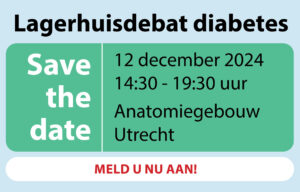Impaired insulin-stimulated myocardial glucose uptake has occurred in patients with type 2 diabetes with or without coronary artery disease. Whether cardiac insulin resistance is present remains uncertain in subjects at risk for type 2 diabetes, such as individuals with impaired glucose tolerance (IGT) or those with normal glucose tolerance (NGT) and 1-h postload glucose ≥155 mg/dL during an oral glucose tolerance test (NGT 1-h high). This issue was examined in this study.
The myocardial metabolic rate of glucose (MRGlu) was measured by using dynamic 18F-fluorodeoxyglucose positron emission tomography combined with a euglycemic-hyperinsulinemic clamp in 30 volunteers without coronary artery disease. Three groups were studied: 1) those with 1-h postload glucose <155 mg/dL (NGT 1-h low) (n = 10), 2) those with NGT 1-h high (n = 10), 3) and those with IGT (n = 10).
After adjusting for age, sex, and BMI, both subjects with NGT 1-h high (23.7 ± 6.4 mmol/min/100 mg; P = 0.024) and those with IGT (16.4 ± 6.0 mmol/min/100 mg; P < 0.0001) exhibited a significant reduction in global myocardial MRGlu; this value was 32.8 ± 9.7 mmol/min/100 mg in subjects with NGT 1-h low. Univariate correlations showed that MRGlu was positively correlated with insulin-stimulated whole-body glucose disposal (r = 0.441; P = 0.019) and negatively correlated with 1-h (r = –0.422; P = 0.025) and 2-h (r = –0.374; P = 0.05) postload glucose levels, but not with fasting glucose.
This study shows that myocardial insulin resistance is an early defect that is already detectable in individuals with dysglycemic conditions associated with an increased risk of type 2 diabetes, such as IGT and NGT 1-h high.


